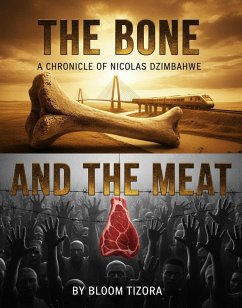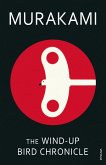Dzimbahwe's entire political philosophy was rooted in a single, visceral metaphor that resonated deeply with his impoverished nation: "The poor do not prefer bones to meat; it is just that no one ever gives them meat." He swore to break the cycle, to dismantle the structures of scarcity, and to finally feed his people the sustenance they deserved.
When Dzimbahwe won the presidency, he was armed with idealism and a mandate for revolutionary change. This book chronicles his four years in power, a period that begins with the magnificent victory of the Gold House and the promise of the Grand River Bridge, and ends in the chilling silence of compromise.
The tragedy of this narrative is not one of a good man fighting a great evil, but of an idealist battling the very nature of systemic power. Dzimbahwe soon discovers that the system he came to dismantle is not a machine to be broken; it is a living organism designed to absorb, neutralize, and repurpose its attackers.
In the glittering halls of the State House, surrounded by the military complex of General Tawanda and the shadow money of the ECD, Dzimbahwe is offered the ultimate choice: he can sacrifice himself and his power to stay pure, or he can take the gilded seat of the Presidencythe biggest, most celebrated bone in the nationand attempt to chew his way to a compromise.
The Bone and the Meat is an unflinching look at the devastating cost of an unfulfilled promise. It asks a painful, enduring question of leadership, governance, and scarcity: When given the chance to fight for the many, is it possible to remain unbroken? And when the dust settles, who, truly, gets to eat?
Dieser Download kann aus rechtlichen Gründen nur mit Rechnungsadresse in A, B, CY, CZ, D, DK, EW, E, FIN, F, GR, H, IRL, I, LT, L, LR, M, NL, PL, P, R, S, SLO, SK ausgeliefert werden.









